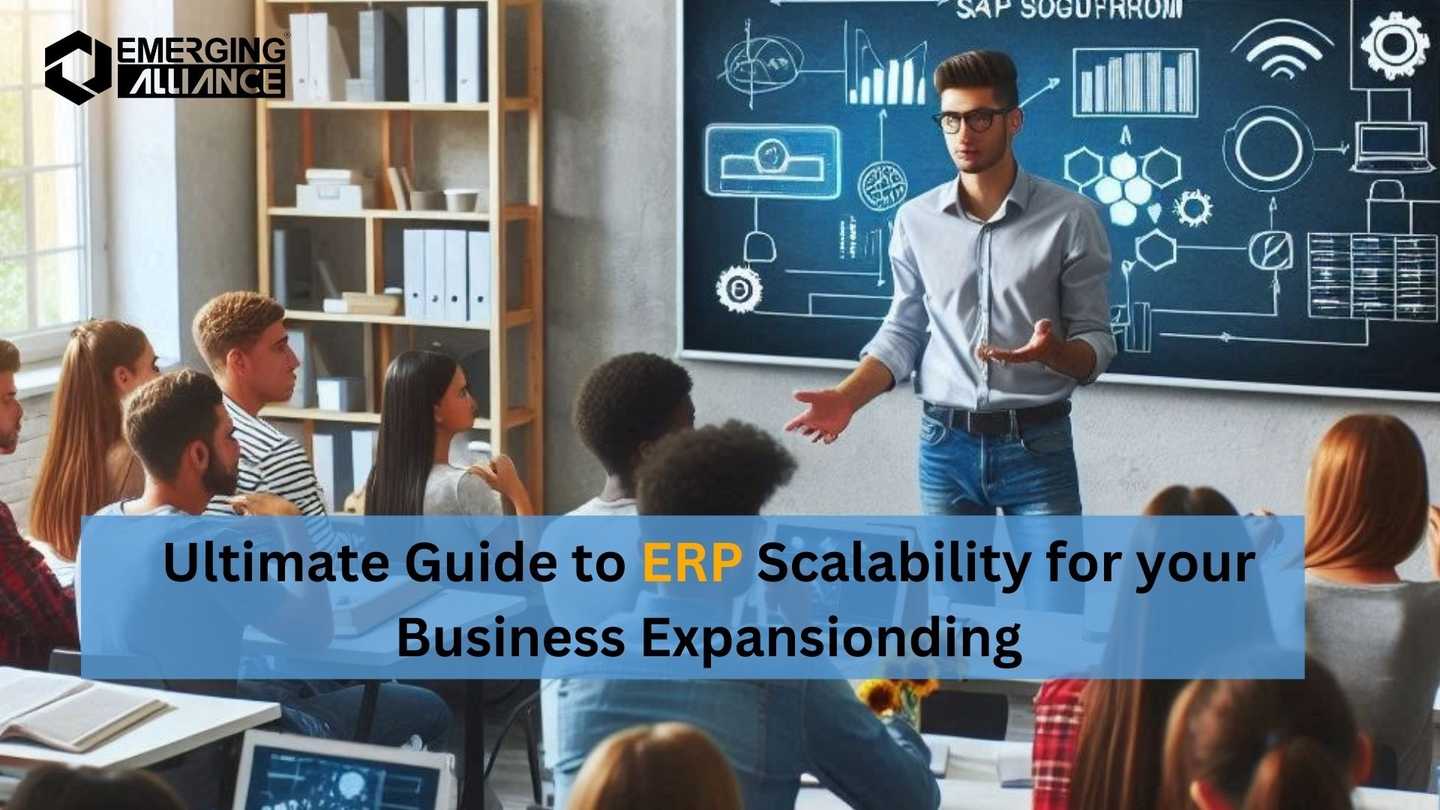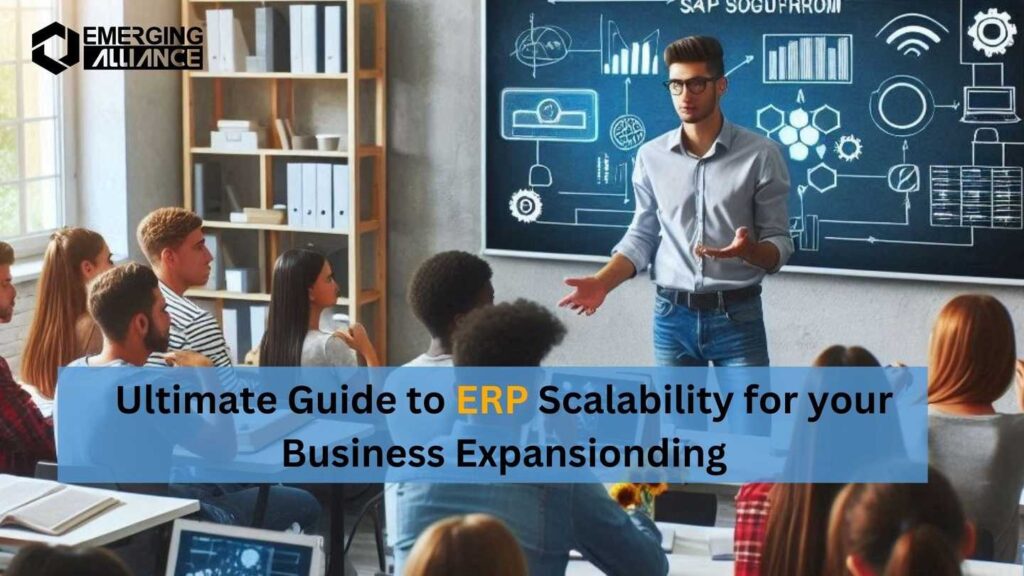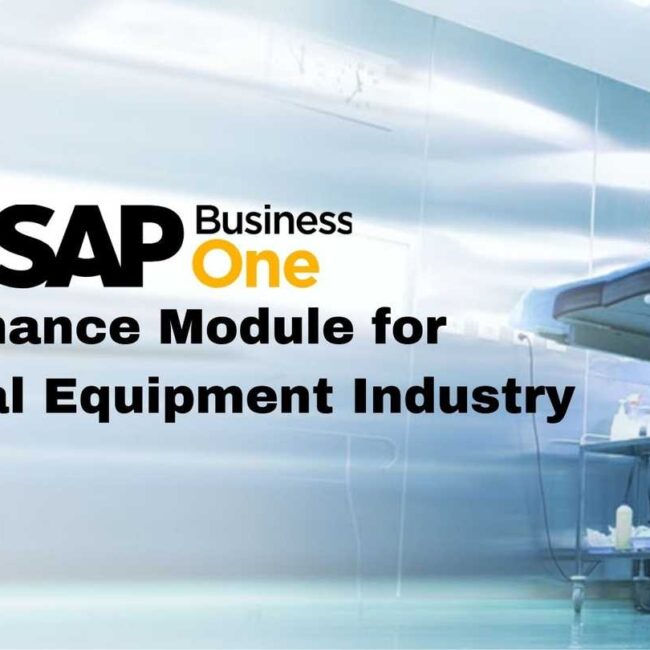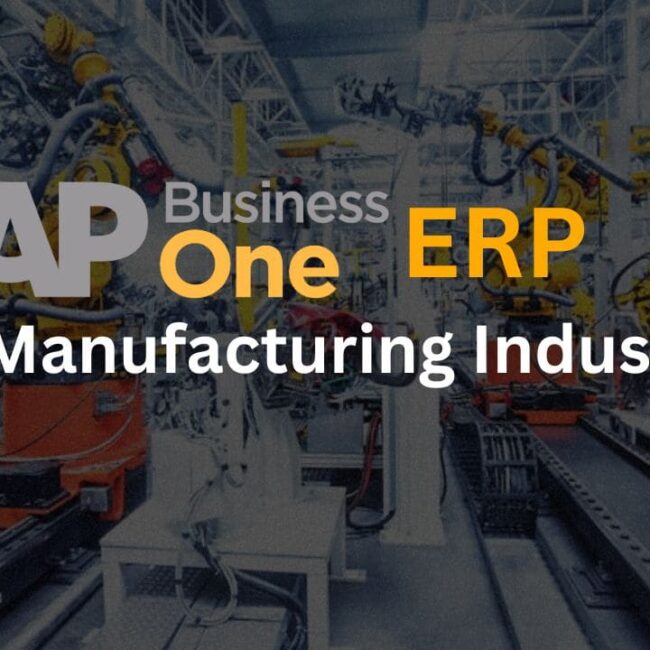
The Ultimate Guide to ERP Scalability for your Business Expansion

6 Types of ERP Scalability to Boost Your Business Performance
In today’s rapidly changing business landscape, having a scalable Enterprise Resource Planning (ERP) system is vital for sustainable growth and operational efficiency. Scalability in an ERP system ensures that your software can meet increasing demands as your business expands without sacrificing performance. Let’s explore the six key types of ERP scalability: Administrative Scalability, Functional Scalability, Geographical Scalability, Load Scalability, Generational Scalability, and Heterogeneous Scalability.
ERP Administrative Scalability
Administrative Scalability pertains to an ERP system’s capacity to efficiently manage a growing number of users and administrative tasks. As your business expands, so will the number of employees, departments, and data points. An Enterprise Resource Planning system with strong administrative scalability can seamlessly accommodate this growth, ensuring efficient user management, data access, and administrative controls. This type of scalability ensures the system remains user-friendly and efficient as your team grows, preventing bottlenecks in administrative operations.
ERP Functional Scalability
Functional Scalability refers to an ability to expand its functionalities and features as business needs change. Initially, a business might need basic modules such as finance and inventory management. However, as it grows, advanced features like Customer Relationship Management (CRM), Human Resource Management (HRM), and Supply Chain Management (SCM) may become necessary. An ERP with robust functional scalability allows you to add these features without overhauling the entire system, ensuring your ERP evolves with your business needs.
Geographical Scalability
Geographical Scalability is essential for businesses planning to expand their operations to different regions or countries. This scalability type ensures that the ERP system can support multiple locations, languages, and currencies. It enables smooth integration of new branches or offices, offering centralized control while accommodating local operational requirements. Geographical scalability is crucial for maintaining consistent processes and data integrity across various geographical locations.
Load Scalability
Load Scalability involves the ability to handle an increasing volume of transactions and data without compromising performance. As your business grows, the volume of transactions, number of users, and amount of processed data will increase. An ERP system with excellent load scalability can efficiently manage high transaction volumes, ensuring optimal system performance even during peak times. This ensures that your operations run smoothly without interruptions or slowdowns.
Generational Scalability
Generational Scalability is the capacity to adapt to new technological advancements and integrate with emerging technologies. As technology progresses, businesses need to leverage new tools and platforms to stay competitive. An ERP with generational scalability can seamlessly integrate with new technologies such as AI, IoT, and blockchain, allowing your business to capitalize on the latest innovations. This scalability type future-proofs your ERP investment, making it adaptable to future technological shifts.
Heterogeneous Scalability
Heterogeneous Scalability refers to an ERP system’s ability to integrate and function efficiently within a diverse IT environment. Businesses often utilize a variety of software applications and platforms. An ERP with heterogeneous scalability can integrate with different systems, databases, and third-party applications, ensuring a cohesive and streamlined operation. This allows businesses to maintain their existing IT investments while enhancing their capabilities with a scalable ERP solution.
Investing in an Enterprise Resource Planning system with comprehensive scalability is crucial for long-term business growth and efficiency. Ensuring your ERP system possesses administrative scalability, functional scalability, geographical scalability, load scalability, generational scalability, and heterogeneous scalability will future-proof your business and keep you competitive in a dynamic market. Carefully evaluate your ERP options and choose a system that aligns with your growth objectives and operational needs.
Scalability is not just about handling more; it’s about handling better, smarter, and more efficiently. Make the right choice today and set your business on a path to sustainable success.
If you would like to know more about our ERP services, please visit us at: https://www.emerging-alliance.com/
Join the ranks of the inquisitive – Delve into captivating content on our website and uncover more than you ever imagined!
Want to speak to an expert? Fill in the form below, and we will be in touch with you shortly!




